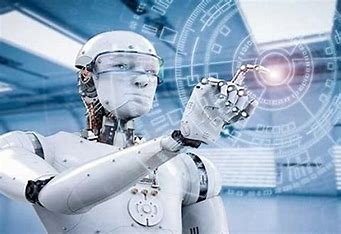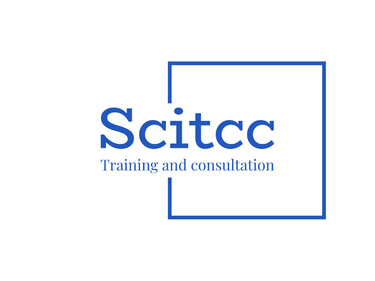
Smart Government 4.0: Enhancing Efficiency through Artificial Intelligence and The Internet of Things
Smart Government 4.0: Enhancing Efficiency through Artificial Intelligence and The Internet of Things
$3500.00
Day One: Introduction to Smart Government
Definition of Smart Government 4.0: What is Smart Government and how has it evolved to 4.0.
The core technologies of smart government: Artificial intelligence, the Internet of Things, big data, and cloud technology.
The role of the government in digital transformation: How the government contributes to enabling innovation and improving services.
Teaching method: Interactive lecture, with case studies and real-life examples.
Day Two: Artificial Intelligence in Smart Government
Concepts of artificial intelligence: Machine learning, natural language processing, and predictive artificial intelligence.
Applications of artificial intelligence in government: Improving public services, traffic management, healthcare, and education.
Challenges and Ethics: Legal and ethical issues related to the use of artificial intelligence.
Teaching method: Lecture with group discussion and case studies.
Day Three: Internet of Things (IoT) in Smart Government
Introduction to the Internet of Things: How IoT Works and Its Application in Government Sectors.
IoT applications in smart cities: Transportation, energy, health, and agriculture.
Technical and security challenges: Data management and protection.
Teaching method: Practical workshops to discuss challenges and provide innovative solutions using IoT.
Day Four: Big Data and Data Analysis in Smart Government
The concept of Big Data: How governments collect and analyze data.
Using data to improve decision-making: Predictive models and trend analysis.
Challenges in dealing with big data: Privacy, guidance, and system integration.
Teaching method: Practical exercises using data analysis tools.
Day Five: The Integration of Artificial Intelligence and the Internet of Things in Smart Government
Integrating AI with IoT: How this integration leads to improved efficiency.
Live projects from leading countries: A review of live projects and case studies from countries that use these technologies in their governments.
The future and new trends in smart government: Future innovations and their potential developments.
Teaching method: Final lecture with a presentation of the latest innovations, group discussions, and course conclusion.
Teaching method:
Continuous interaction: Encouraging group discussions and opening the space for participants to exchange experiences.
Practical application: Providing practical workshops and case studies to develop skills.
Continuous assessment: Short tests or surveys to monitor the level of understanding.


